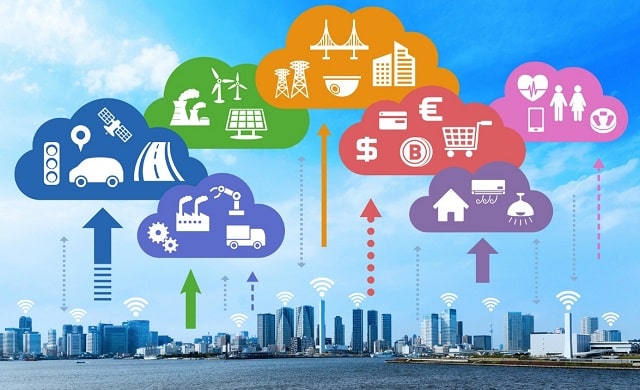
There are many cities nowadays that aspire to become "Smart Cities". The need for smart technological innovation and IT problem resolution will only increase as we get closer to these contemporary cities with unbelievable simplicity. The number of people working on smart city ideas is growing, and so is the need for more darmowe spiny games. But there are still several issues that all developers go across when creating new solutions and development technologies. In this short walk, we will discuss some of the most prevalent challenges that Smart Cities are now facing.
Infrastructure
A fragmented ecosystem is the result of the different players, companies, and technologies that make up today's smart cities. These conditions will not be able to keep up with increasing demands for the project's services and technology or coordinate with future construction activities or municipal services. The physical infrastructure of a city's —beautiful parks, well-designed outdoor venues, residential areas, and a core financial district—is not completely realized until it has well-maintained highways and public transportation networks. And as the population increases, the city's infrastructure will be taxed to the breaking point, leaving it unable to meet the demands of its people.
Privacy Mitigation
There is a delicate balancing act between the standard of living and the breach of privacy in any major metropolis. Everyone wants to live in a more convenient, pleasant, and healthier environment, but no one likes to feel like "Big Brother" is constantly watching them. Fear and paranoia can be instilled in law-abiding persons if cameras are deployed on every street corner. Additionally, homeowners should be concerned about how much data is being collected by the many smart sensors they come in touch with each day.
Sensitizing And Captivating The Neighborhood
Citizens that are smart about utilizing new technologies are essential to the success of a smart city. There must be a method in place to inform the people of the city about any new technology being implemented. The best way to accomplish this is through a combination of face-to-face town hall meetings, email voter registration campaigns, and an online learning platform that keeps individuals always informed and involved in the process.
A community is more likely to use technology and persuade others to utilize it when it feels like it has a voice in the big decisions that impact daily life and when those messages are delivered in an understandable and considerate way. This is essential for a smart city to succeed.
Political Distinction
The political cycles of a city can also be linked to smart city initiatives. Before a project is completed, political capital can run out, potentially exposing it to inspection by a new administration, which causes delays and increases operational complexity. Initiatives for smart cities need strong strategies that can secure long-term commitments from administrations, policies, and funding plans.
Additionally, promoters of smart city projects should emphasize how forward-thinking these initiatives are and how they will benefit future generations. This can be done by enhancing the sustainability of businesses and communities, enhancing citizen quality of life, and stimulating employment growth.
Smarty City Conclusion
The challenges in creating smart cities are dynamic and complicated. It must be seen as a long-lasting infrastructure project by all parties involved while also addressing the urgent need for short-term fixes to simplify our growing digital, connected, and complex world. Only through the cooperation of governments and businesses that value sustainability, efficiency, and safety will smart cities be able to realize their full potential.
